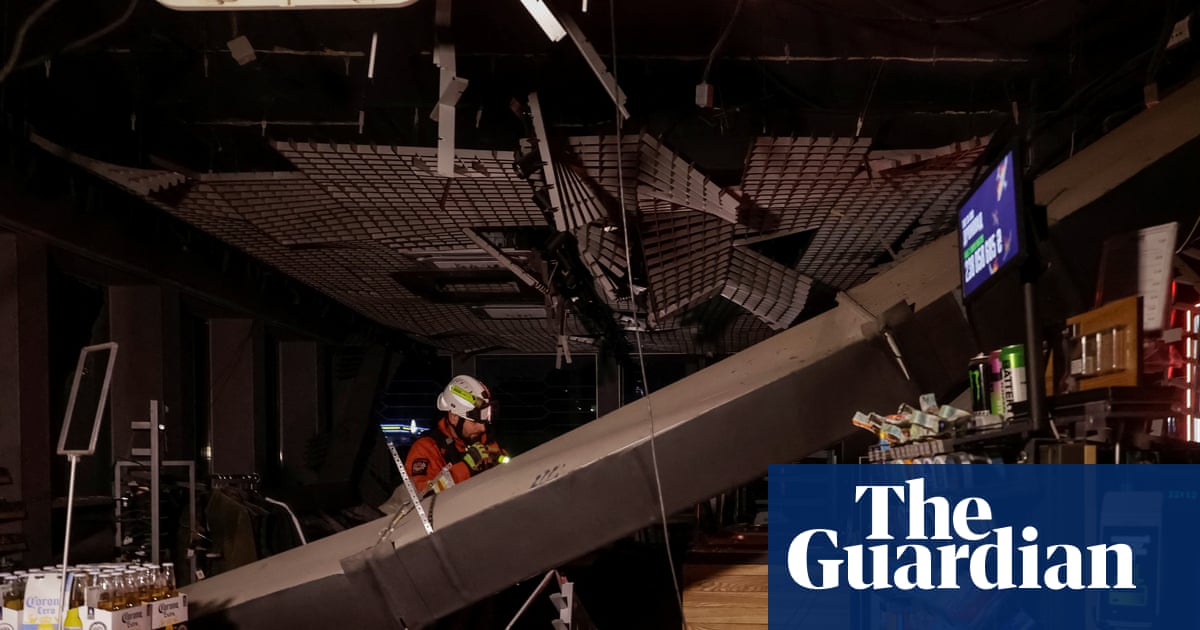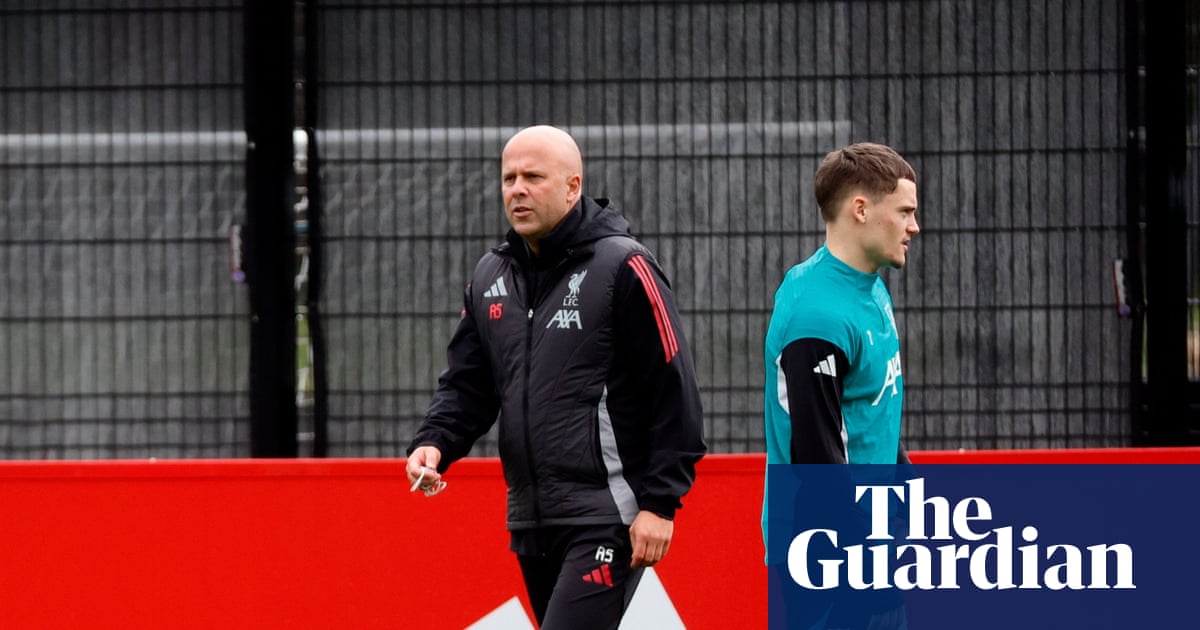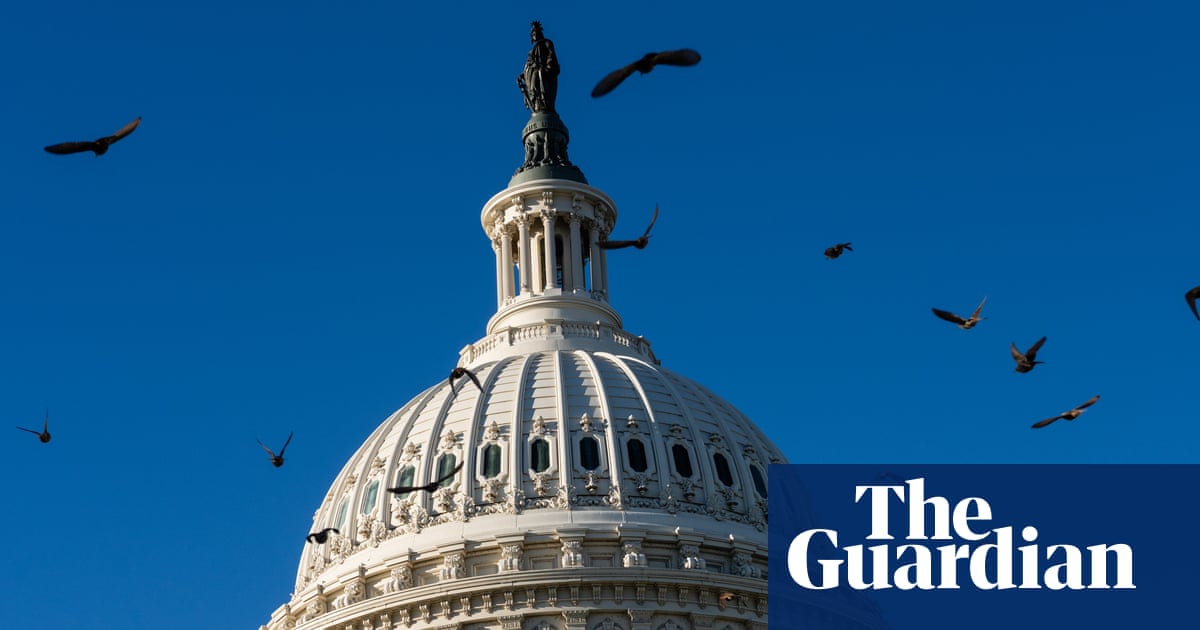The “broken” water sector in England and Wales faces an era of much tighter oversight after a landmark review, including the creation of a new sector watchdog to “prevent the abuses of the past”.
With water and sewerage companies reeling from what the report’s author Sir Jon Cunliffe called their “Great Stink” moment, the government announced it would abolish Ofwat and combine its powers with those of other water watchdogs under a new “super-regulator”.
The environment secretary, Steve Reed, told parliament on Monday that ministers would be immediately adopting five of Cunliffe’s 88 recommendations, including creating a real-time sewage map with automatic data that names and shames water companies. At the moment, the companies are responsible for reporting their own spills.
Campaigners and environment groups will have more of a say in the cleaning-up of their local rivers, Reed announced, and regional water boards will be set up with powers to clean up rivers and seas locally as well as planning essential infrastructure.
“Volunteers and citizen scientists will be able to engage for the first time through regional structures. Citizens, local authorities, businesses will all have a voice,” he said.
A super-regulator will be created to replace Ofwat, which has been blamed for letting water companies preside over decades of financial mismanagement and widespread sewage dumping.
This new watchdog will also take in the powers of the Environment Agency, the Drinking Water Inspectorate and Natural England to avoid duplication of efforts and provide one clear regulatory system for the industry.
Reed said: “I agree with Sir Jon that water regulation has been too weak, too complex and ineffective. Having four separate regulators with overlapping and conflicting remits has failed customers and the environment.”
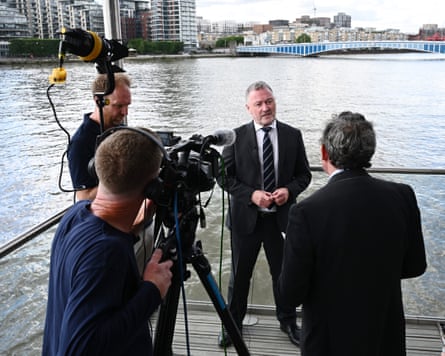
However, Cunliffe told the Guardian it would be 2027 at the earliest before the new body was fully set up, comparing it to the media regulator. “We looked at Ofcom, which took two years,” he said.
Launching his 465-page report at the London Museum of Water and Steam on Monday, he said the current system had failed: “If we are to achieve the water sector we need, we need to look at all the factors that have contributed to our Great Stink moment. Some companies have manifestly acted in their private interest but against the public interest. That must be prevented in future.”
The Great Stink was the name given to the terrible hot summer of 1858 that created such an awful smell from the Thames that Sir Joseph Bazalgette was tasked with creating the capital’s sewer system.
Another recommendation Reed is adopting from Cunliffe’s report is to create an ombudsman with legal powers to recoup funds for customers who face water outages, and Reed will set out “strong ministerial directives” for Ofwat and the Environment Agency while they are merged, as Cunliffe recommended.
The rest of the suggestions will be considered over the summer and conclusions will be published in a white paper in the autumn.
Cunliffe proposed the creation of a formal turnaround regime to allow struggling companies space to recover under “regulatory forbearance” which could let them avoid fines.
Thames Water, the UK’s largest water company with 16 million customers in London and the south-east, is loaded with £20bn of debt and is struggling to stave off financial collapse into special administration, a form of temporary nationalisation.
However, it may not be able to benefit from the proposed turnaround regime, according to Reed, who said the government was prepared for the company to enter special administration if that became necessary. The company has been asking to be spared more than £1bn in fines, arguing it would face financial collapse if it had to pay for committing environmental offences.
after newsletter promotion
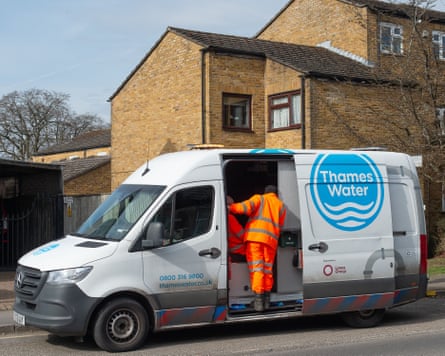
Some campaign groups welcomed the report. Mark Lloyd, the chief executive of the Rivers Trust, said the 88 recommendations “would lead to a dramatic improvement in the water environment and far more cost-effective delivery”.
Others were less enthusiastic, particularly as Cunliffe was barred by Reed from exploring the possibility of nationalisation.
The water campaigner Feargal Sharkey accused the government of a year of inaction on sewage and called for the environment secretary to quit: “The first year has been so chaotic,” he said. “Quite frankly I think Steve Reed now needs to resign and hand the job over to somebody who can be more effective.” A spokesperson for Keir Starmer said the prime minister had full confidence in Reed, who was doing an “excellent” job.
The GMB union called for the renationalisation of water. Gary Carter, its national officer, said: “Water privatisation has been a disastrous failure. It’s a disgrace – and one Ofwat has overseen. Now is the time to fundamentally reform the water sector and renationalise this vital resource.”
Reed said he had not considered nationalisation as an option because his department had found the cost would be in excess of £100bn – money that could be used for services such as the NHS. Economists have queried this figure and suggested it could cost as little as £14.5bn.
Cunliffe said the ownership structure was not necessarily the cause of the sewage pollution, arguing that the UK had been the “dirty man of Europe” under a nationalised model.
He defended the high pay of water company executives after anger caused by the news last week about Southern Water’s chief executive receiving a doubled pay package.
“We are not proposing the regulator should set pay scales for the industry,” Cunliffe said. “They do need to recruit, and you have to attract the best people. What really makes the public angry is when the pay is there but the performance is not.”

 3 months ago
61
3 months ago
61
